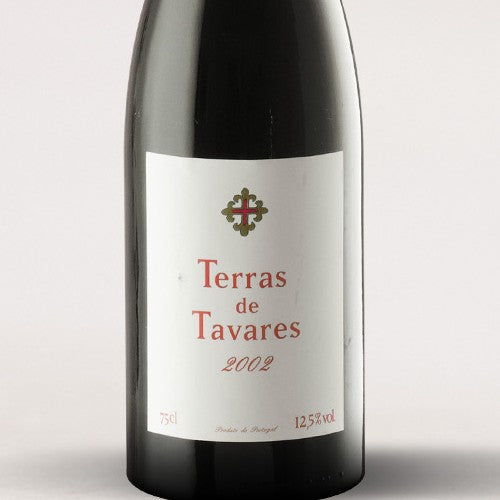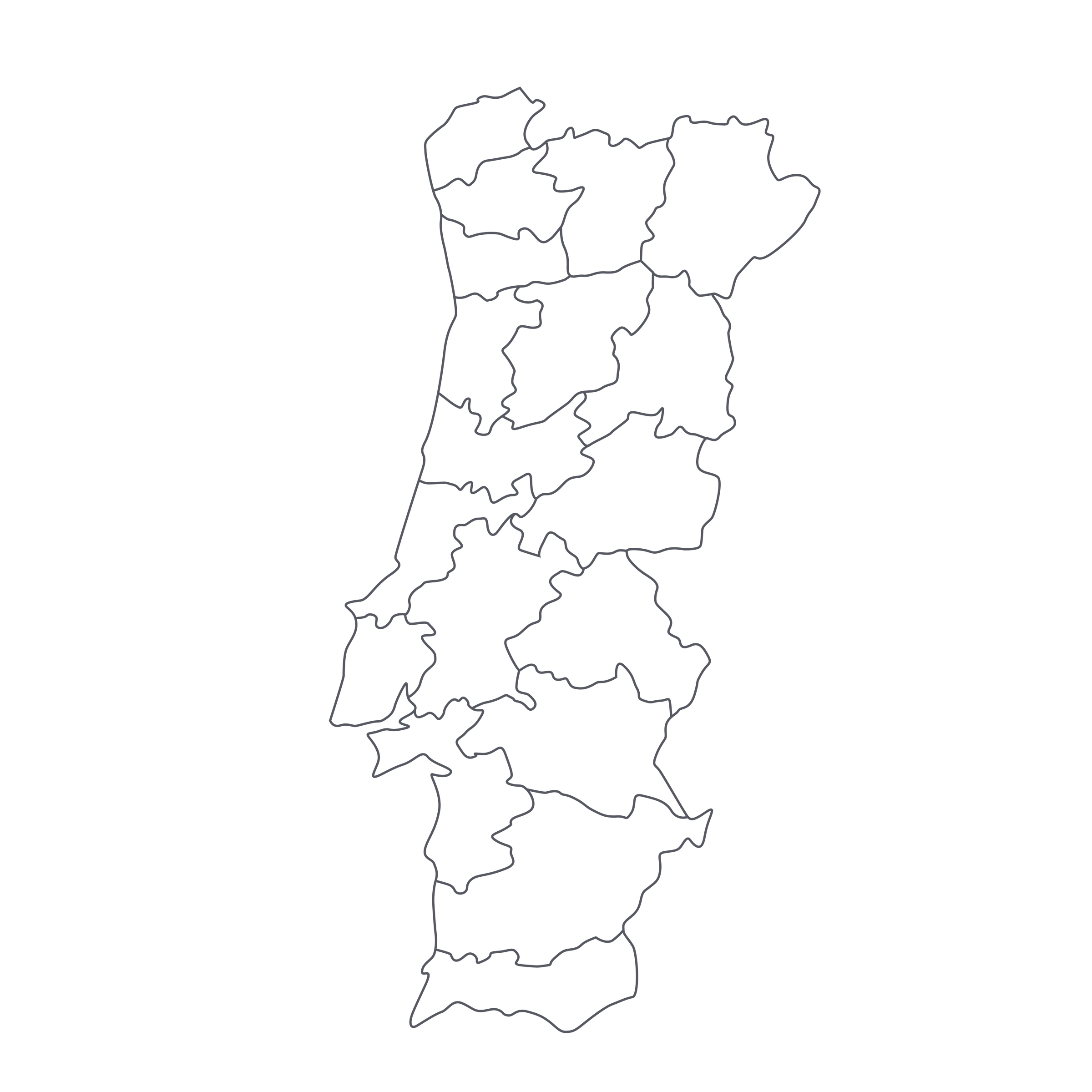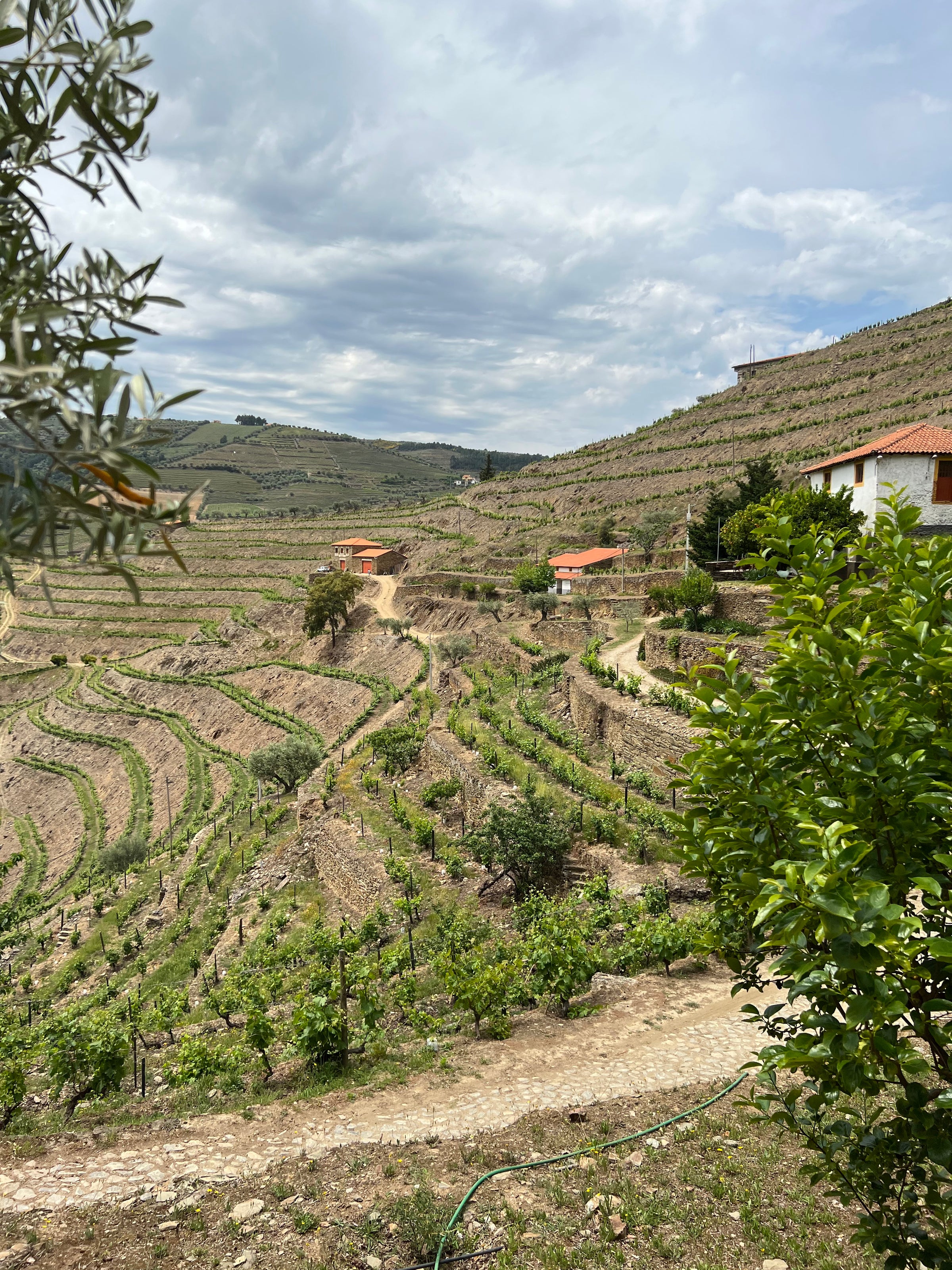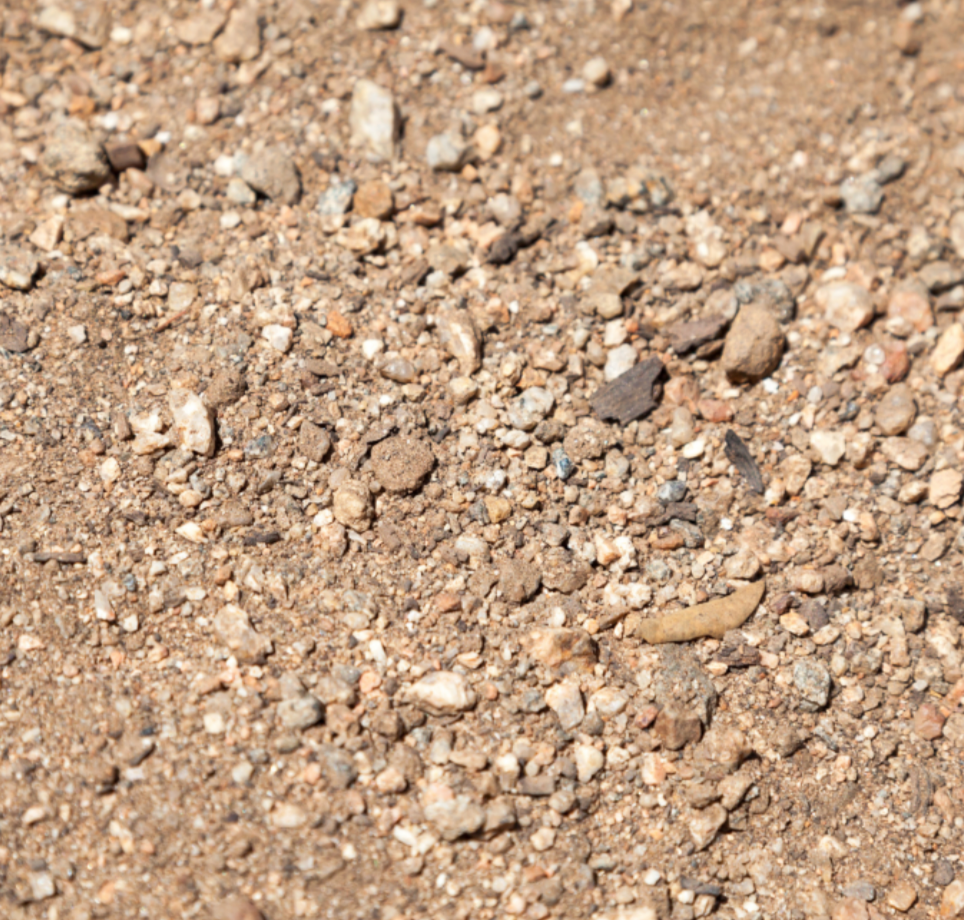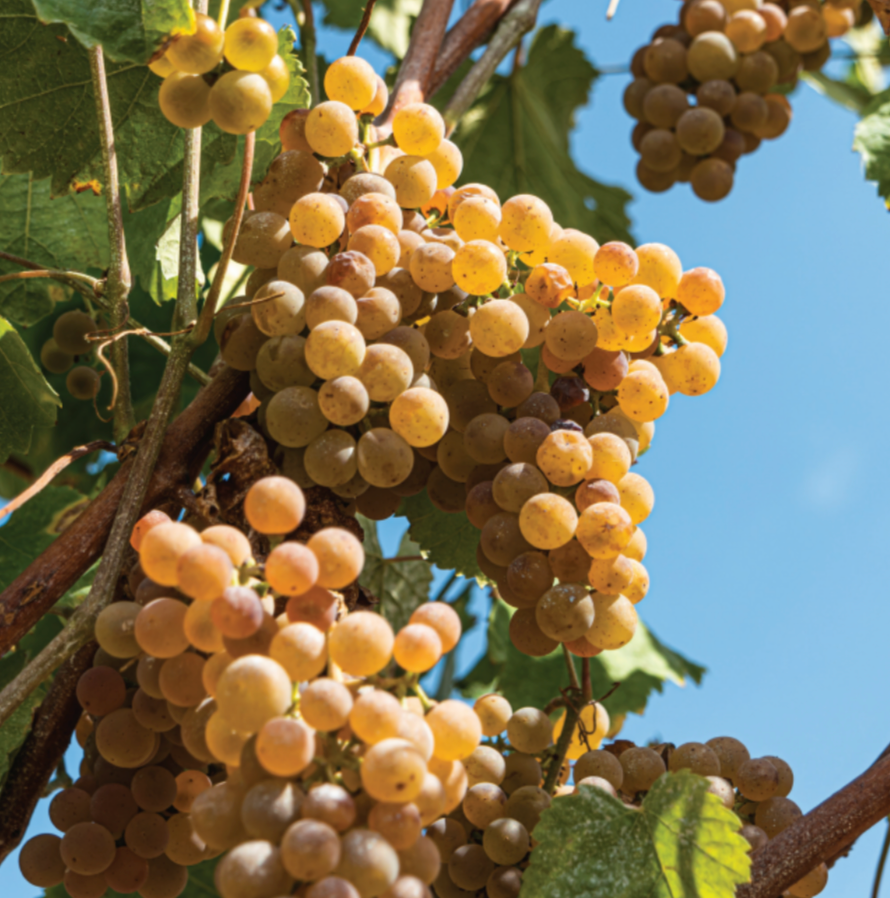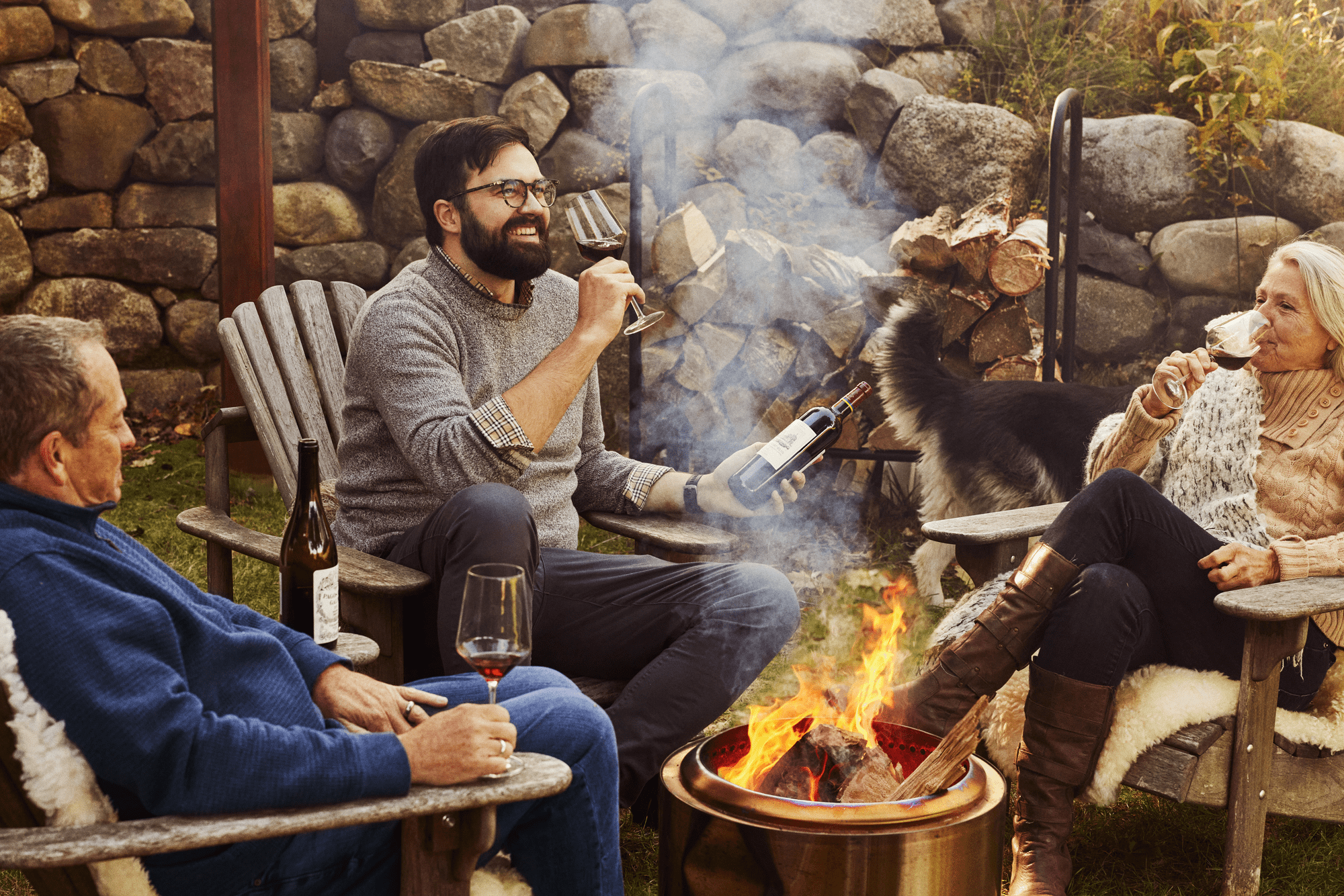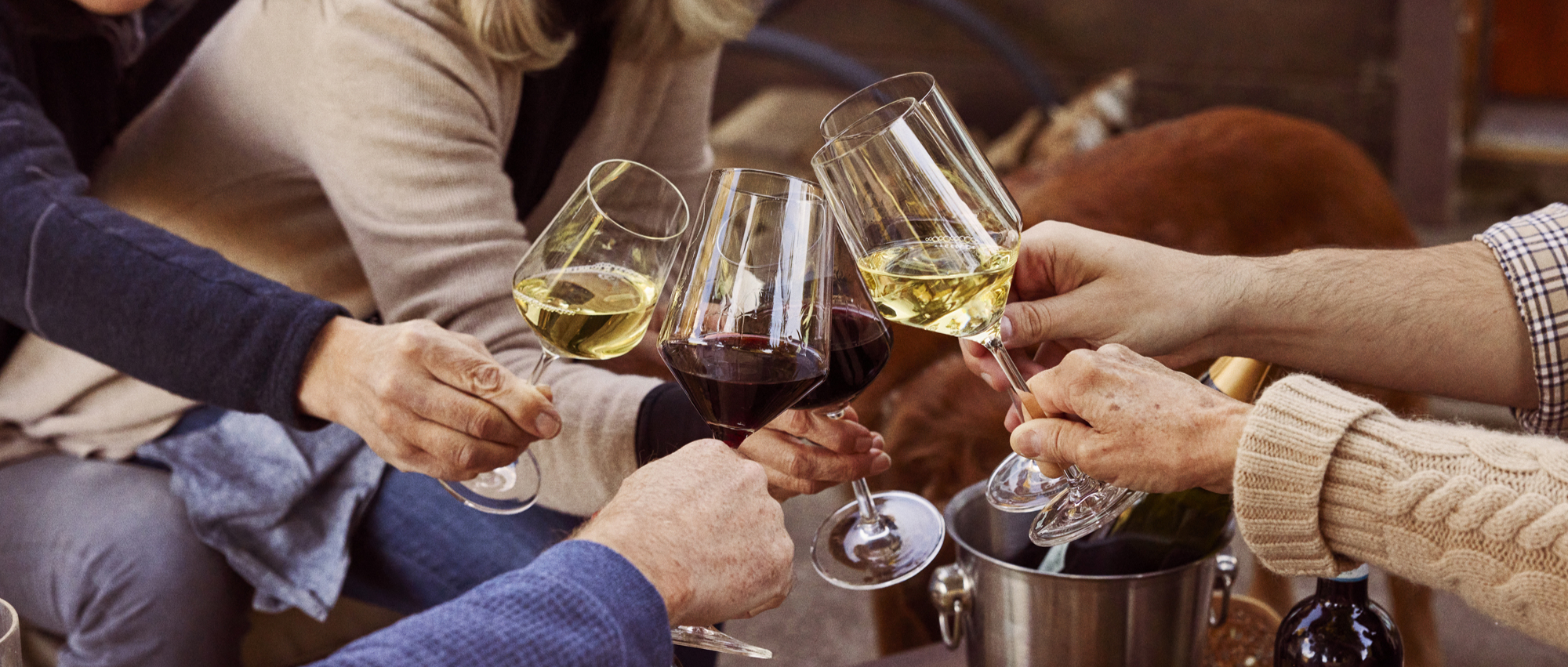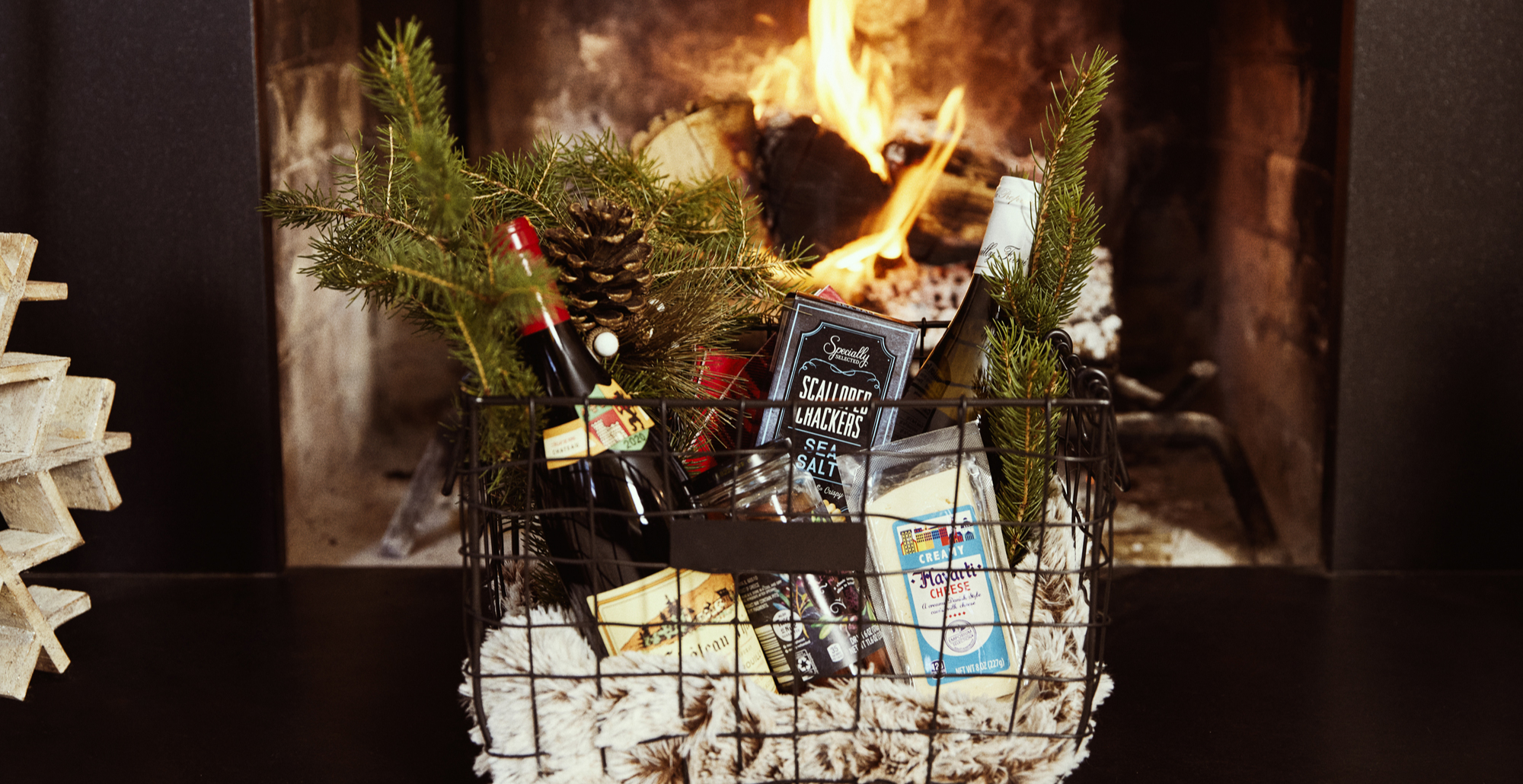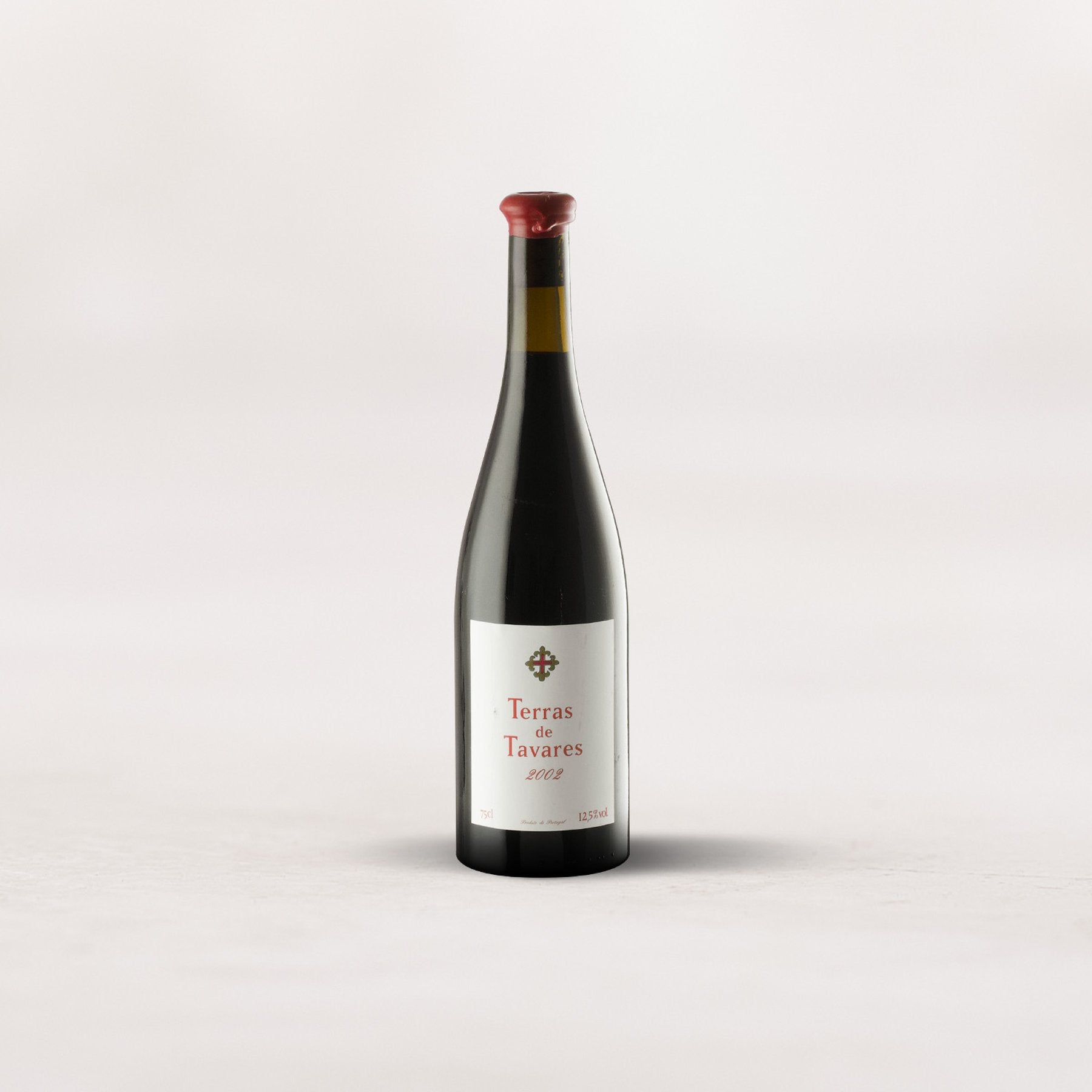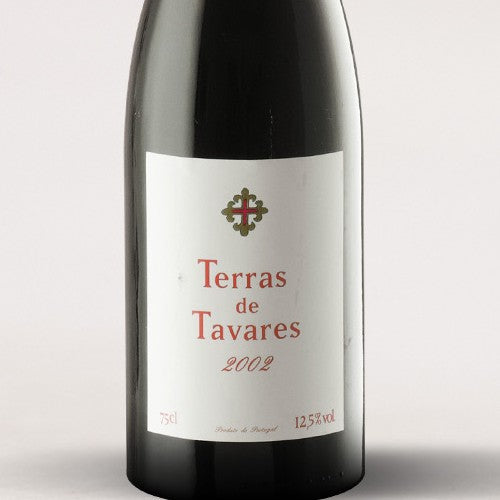Today's discovery is actually more of an old friend, and not just any friend, but the kind that you drop everything and meet up with every time they roll into town. Throughout its first 15 years, winemaker João Tavares de Pina routinely descended into his cellar to taste today’s 2002 flagship wine until finally deeming it ready for release in 2017. That’s when we first offered and completely sold out of this recherché beauty. Five years later a tiny tranche was discovered and once again it sold out super fast. We were sure that was the very last of it, until an importer friend said they had secured another tiny amount and it was now resting in their California warehouse. Joyous day! The aromas and textures on this 2002 “Terras de Tavares” are astounding, perplexing even—like a hybrid of old-school ’80s Piedmont and ’90s Bordeaux—as some of you already know and hopefully a few more can now discover. But don't wait, we have just a few cases and this really may be the last of it.
Quinta da Boavista is owned by the Tavares de Pina family in the rural municipality of Penalva do Castelo, located in the northwestern Portuguese wine region of Dão. Their humble, carbon-neutral operation consists of transparent winemaking; horse breeding; and a small production of Serra da Estrela cheese. The quinta dates back to the late-1700s and vineyard work here has always existed at the forefront, but it wasn’t until recently that they stopped selling to co-ops and started bottling their own wines. In a region where the vast majority of wines are still produced by a cooperative, their independence is greatly treasured. However, owner-winemaker João Tavares de Pina takes it much further than that.
João is a farmer first and foremost. That’s his ironic secret to winemaking—stay out of the cellar and live amongst the vines. Rather than follow the structured guidelines of a certification board, he believes ‘being organic’ simply means doing nothing or as little as possible from start to finish. João once told his importer that all he needs to make wine are “grapes, water to clean his equipment, and a touch of sulfur at bottling.” He doesn’t follow trends. He doesn’t even know the trends—João just farms naturally, i.e. the “traditional” way. His 13 hectares of granite-rich, high-elevation (~1600 feet) vineyards live amongst oak trees and eucalyptus with bees and birds buzzing and flying about. Chamomile, lavender, and clover are planted throughout as natural protectants and João rarely treats his vines with anything—in some years, the entirety of João’s “vineyard management” is some light mowing between the rows!
“Terras de Tavares” is João’s top bottling from 80-year-old vines, and the grapes for this wine—Jaen (a.k.a Mencía) and Touriga Nacional—were hand harvested and co-fermented with indigenous yeasts without temperature control. Following fermentation, the wine stayed in contact with its lees for six months and was then transferred into used 400-liter French barrels for 36 months. It was bottled unfined and unfiltered, and this specific parcel remained untouched in their cellars until 2022. That’s 20 years of slow, cool, dark, at-the-source maturation—unbeatable provenance!
The 2002 “Terras de Tavares” reveals a dusty ruby core moving out to a soft garnet rim with brick orange hues. Due to being unfined, unfiltered, and two decades old, there is sediment present, so stand the bottle upright for several days prior to opening, and consider a gentle decant, stopping when you see spindly wisps of sediment approaching the neck.
The seductive nose shows powerful, pungent earthiness and rusticity—if I were blind tasting with a group of sommeliers, 25+-year-old Barolo, Chianti, and Bordeaux from deeply venerated producers would all be likely guesses. But again, after familiarizing yourself with this singular wine, you’ll forever commit it to memory. Expect aromas of dried strawberries, currant, smoked flowers, horse saddle, plum skin, orange peel, forest floor, potpourri, roasted sage, white pepper, and balsamic. The medium-bodied palate is still incredibly structured, with grippy yet smoothed tannins and a beautiful lift of freshness on the finish. It’s driven by earth and minerality all the way, with delicate red and black fruits peeking through dried floral and leathery components. Five years ago, I said this wine had 5-10 years of life left, and after tasting it again just weeks ago, the window on this incredible Dão red has hardly budged. Serve in Burgundy stems around 60 degrees enjoy slowly, and match it with a tender venison filet in a wild mushroom sauce. Cheers!
